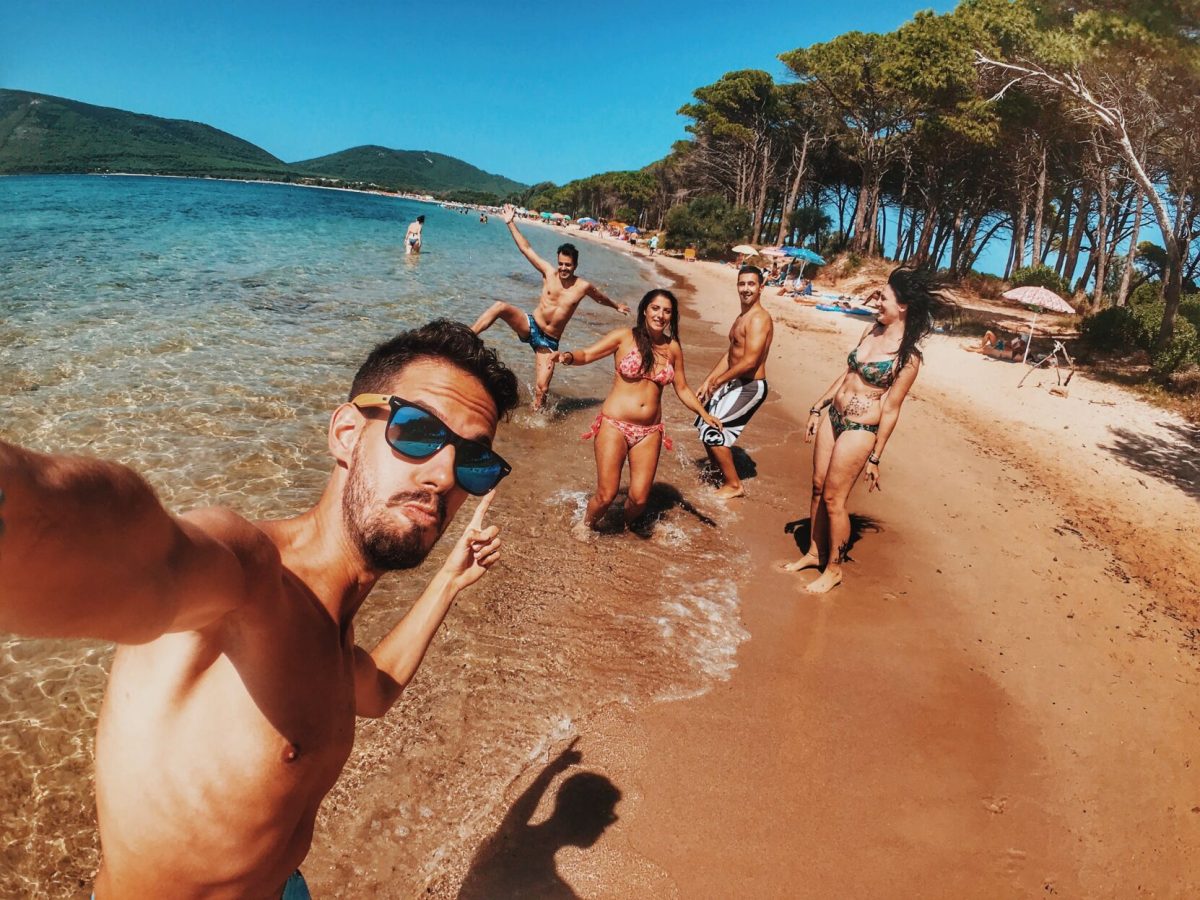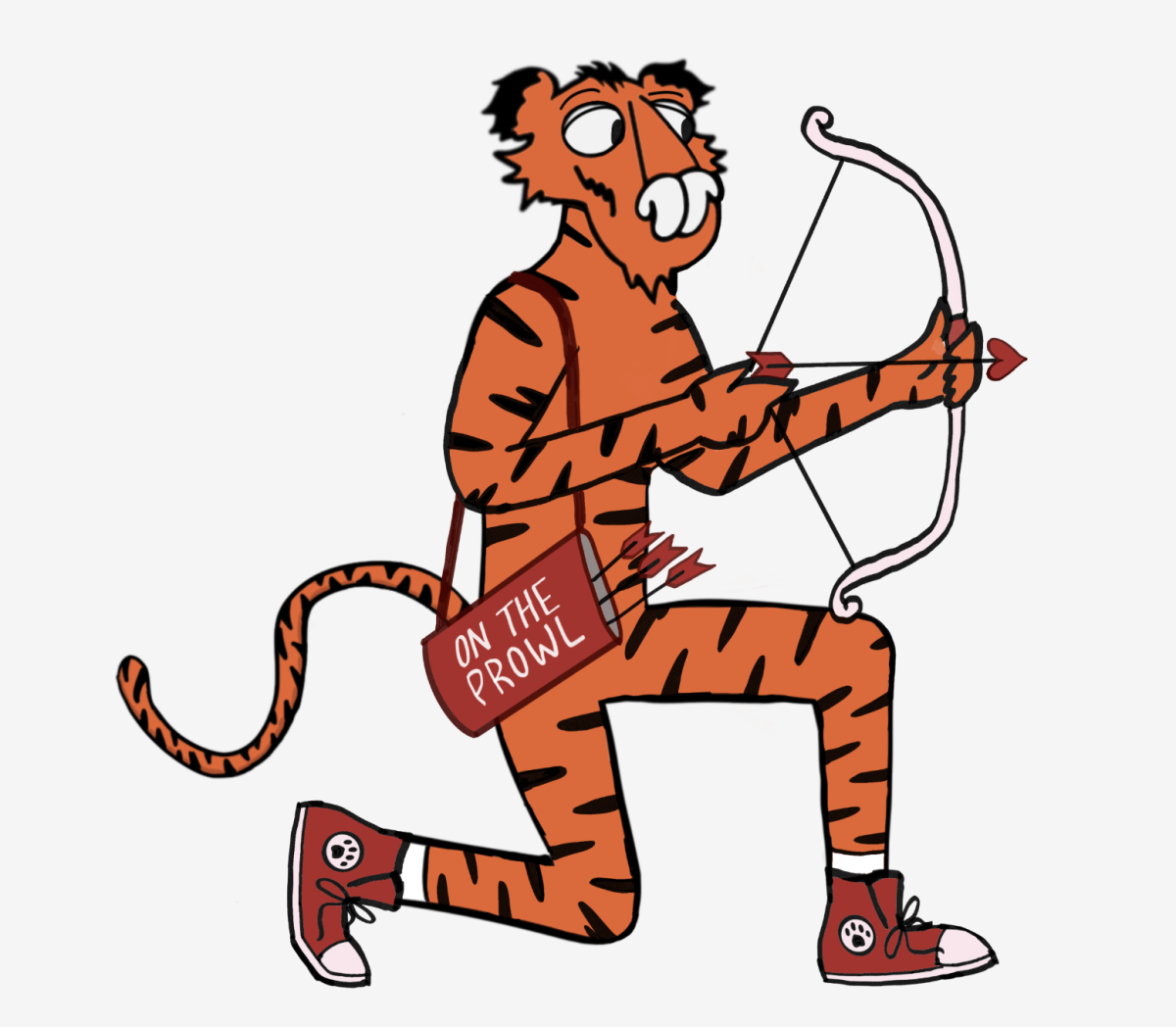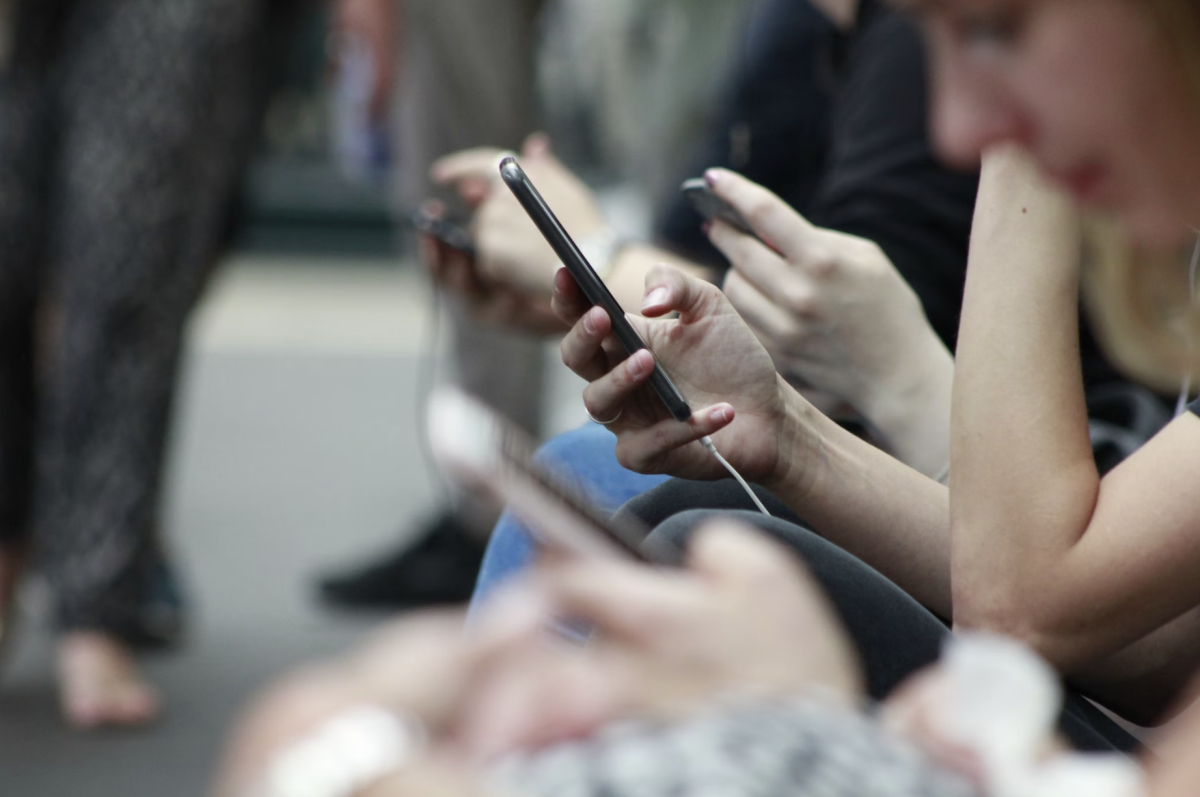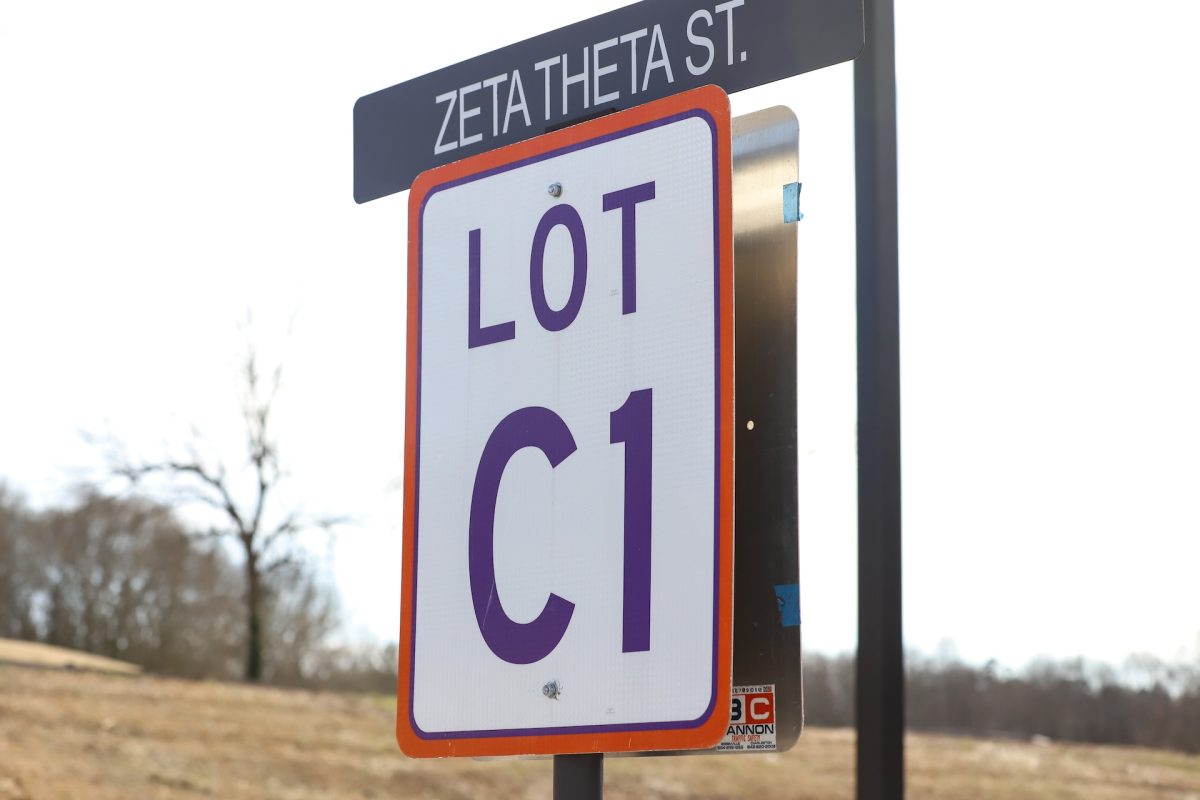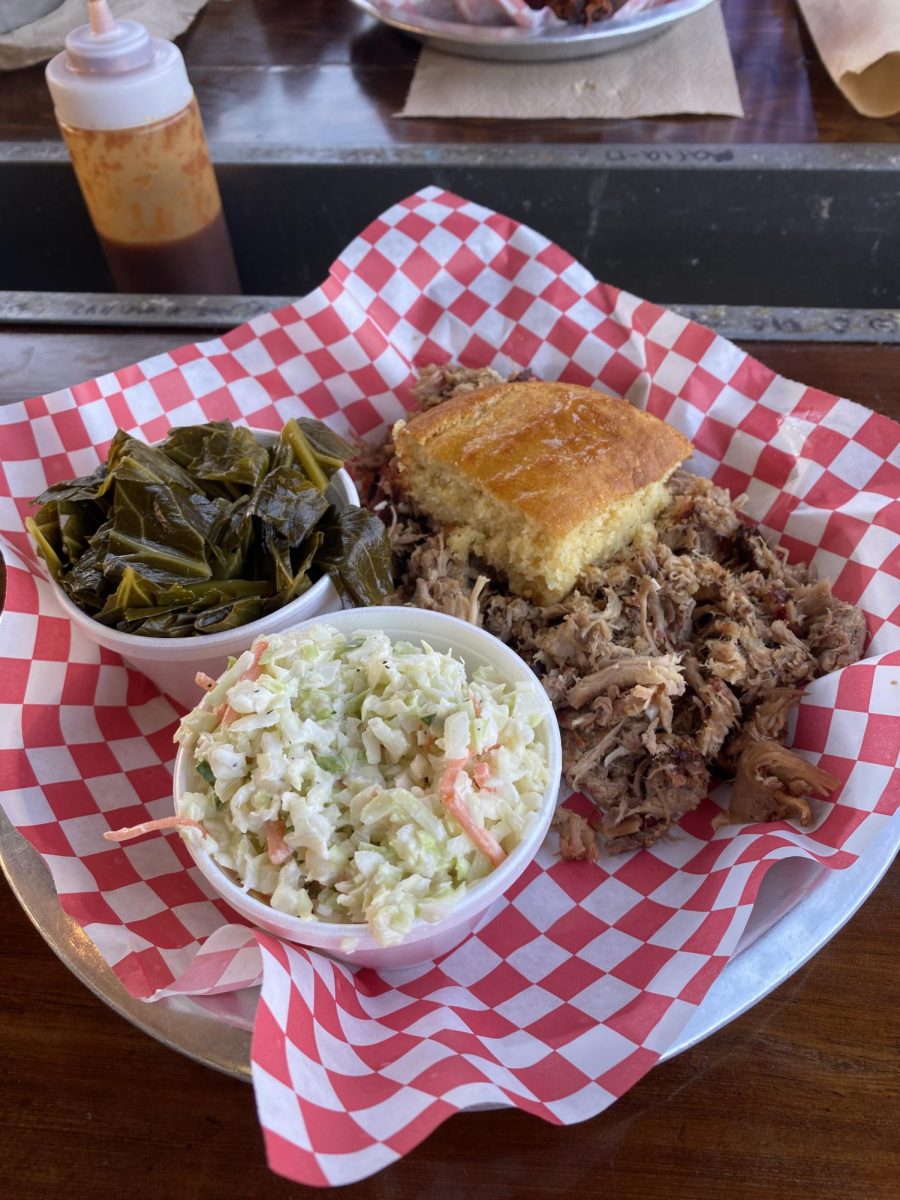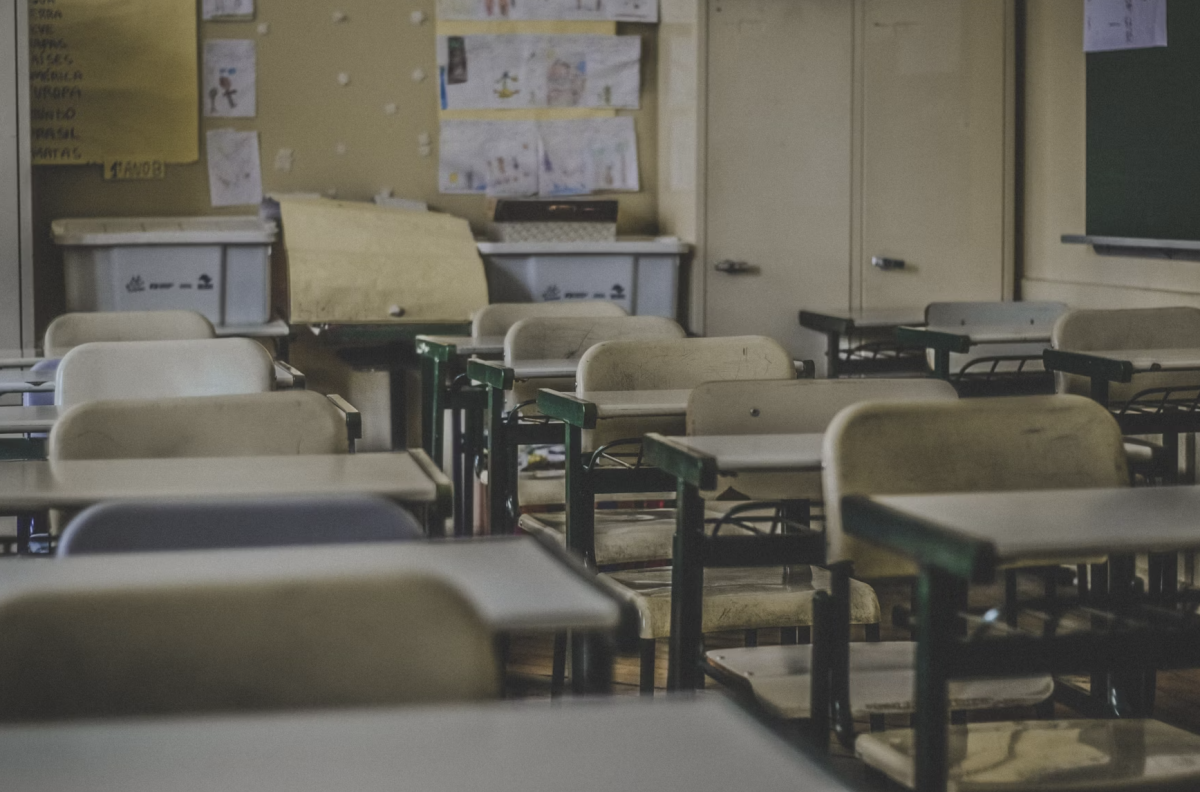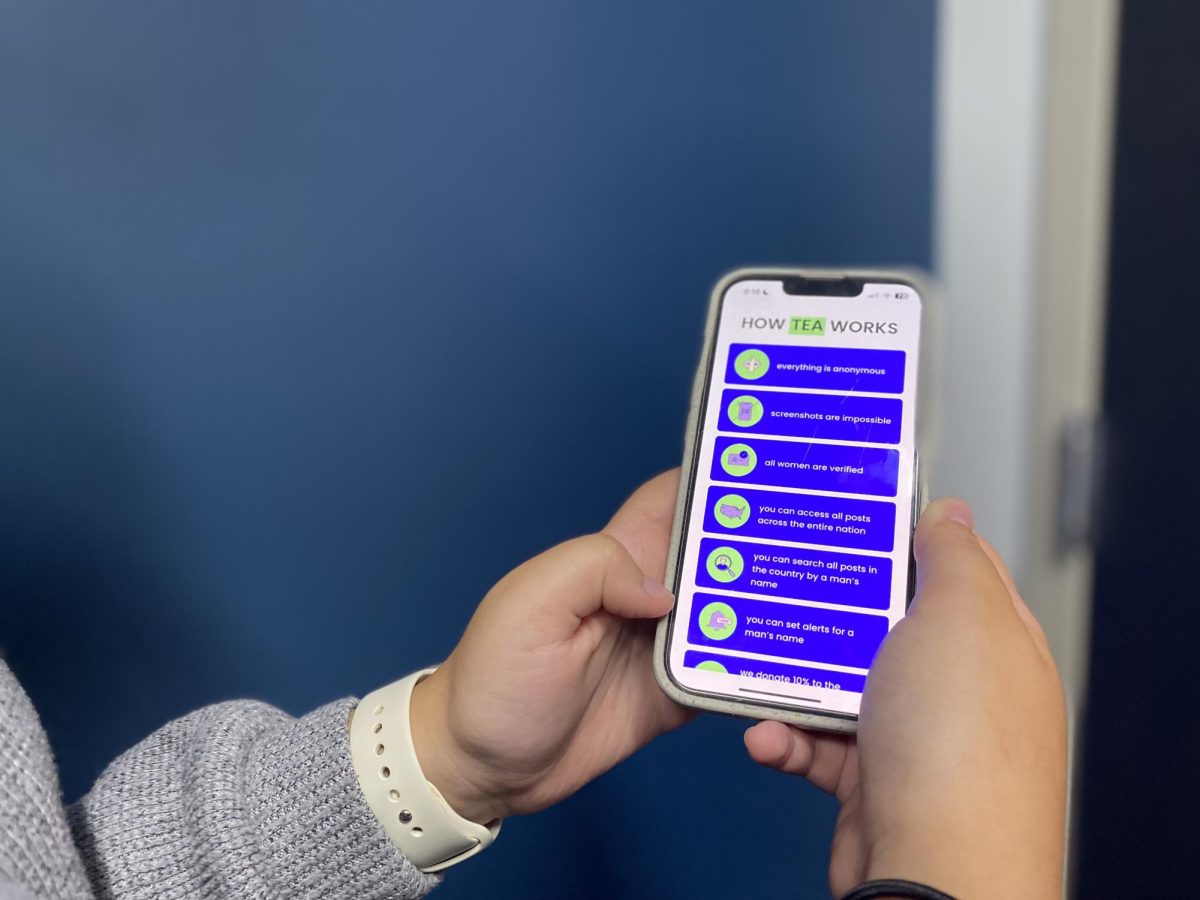As spring break ends for Clemson’s students, everyone will begin to reminisce on the short break from classes and the chance to relax. While some planned big group trips to hot spots such as Miami, FL, others played it safe due to the ongoing pandemic. As friends and acquaintances begin to post about their big outings on social media, it can be easy to feel some FOMO, or “fear of missing out”, and that’s completely understandable. COVID-19 has forced everyone to quarantine and isolate out of safety precautions to a level most of us have never experienced before. With the vaccine now being slowly but steadily delivered, the amount of social distancing has begun to decrease for some, while others feel the potential for FOMO getting worse. But that doesn’t mean it has to.
Fundamentally, FOMO is usually experienced when one is alone or hears about an event happening, and they begin to feel like other people are doing things without them, or that they’re missing out on something. Social media and the culture of documenting everything has made this get worse throughout the years, especially for students. When every post or story you see shows people doing fun things together while you’re stuck at the library studying for a big exam, it’s easy to feel like everyone but you has this fast paced, “amazing” life. This deceptive way of thinking causes FOMO, which can lead to negative feelings such as loneliness and anxiety.
While most of us may know that social media only shows the sides of a person’s life they want us to see, or the good side, it’s hard to remember that in the exact moment of having FOMO. COVID-19 made it worse. Many people I know felt it frustrating to be following the safety and social distancing guidelines out of fear of contracting or spreading the virus, while simultaneously seeing people they know on social media continuing to “live life” and go out or plan events. There’s nothing wrong with being upset at how much the pandemic uprooted our lives and sense of normalcy, and there’s certainly nothing wrong with safely seeing a few people at a time. But when you’ve been on Zoom classes all day, checking social media just to see others doing whatever they want can make those feelings of FOMO come right back, even if you know you wouldn’t have gone to that party or bar anyways.
There are two main sides to FOMO that make it negatively affect our mental health. The loneliness that could possibly arise from not having been invited, and the anxiety that all our friends are having a perfectly good time without us and/or that we are missing out on living our life, especially during COVID. No one wants to feel left out or easy to miss, and that’s why it’s important to remember that it’s okay to not be at everything. I know, easier said than done, but remember, everything on social media is projected to look like it’s the best it is, meaning the actual event or party probably isn’t as amazing as you’re building it up to be in your head. And as to not having been invited to certain things, it’s usually never personal, meaning you can brush it off and continue to live your life. And if it is personal? You probably wouldn’t have had fun with those people anyways.
As to FOMO during the pandemic and especially the pandemic during spring break, remember that everyone is handling this crisis differently. Some can not afford to risk contracting it, whether because of their own or loved one’s health issues or for other reasons. Meanwhile others may have antibodies or have already been vaccinated, and some may just not care. What other people did with their spring break during this time shouldn’t pressure you into deciding what you are or aren’t comfortable with. Live your life how you want to, by doing what makes you happy, without worrying about what everyone else is doing.



